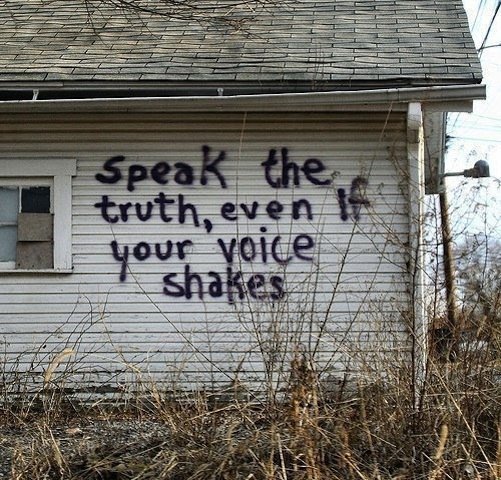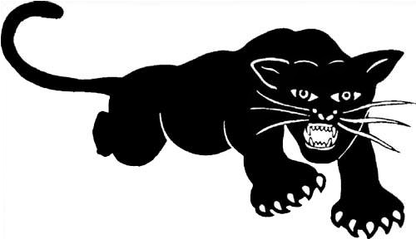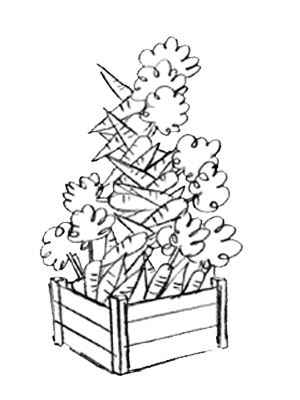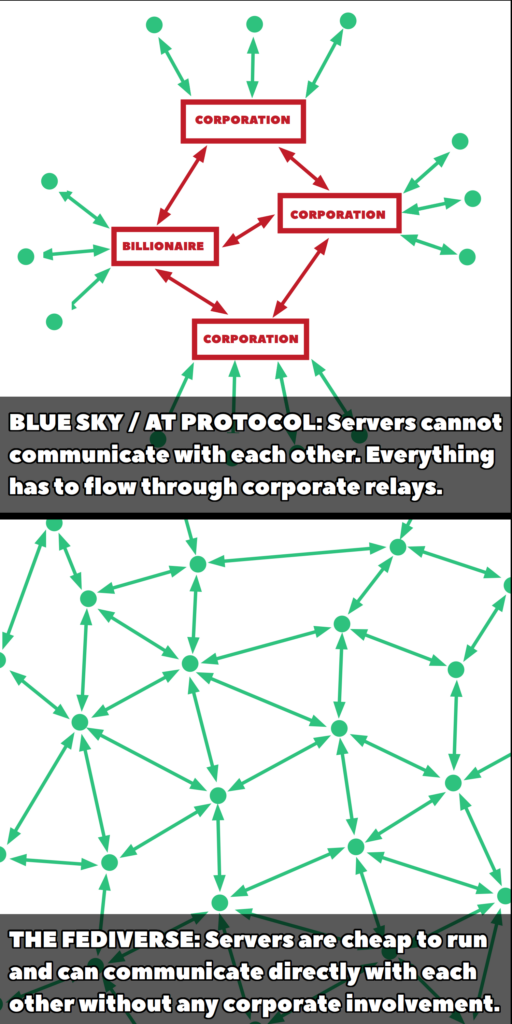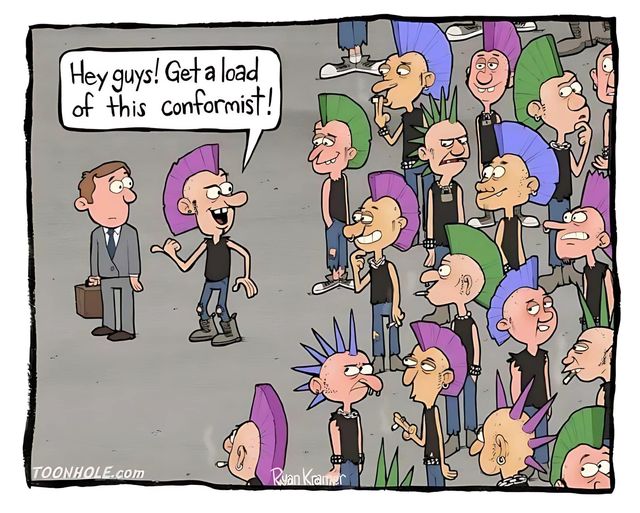Application 2025-02-032 Open Governance Body #OGB received
The following submission was recorded by NLnet. Thanks for your application, we look forward to learning more about your proposed project.
Contact
name
hamish campbell
phone
email
hamish@visionon.tv
organisation name
OMN
country
UK
consent
You may keep my data on record
Project
code
2025-02-032
project name
Open Governance Body #OGB
fund
Commons_Fund
requested amount
€ 50000
website
https://unite.openworlds.info/Open-Media-Network/openwebgovernancebody
synopsis
A project designed to create a trust-based, decentralized framework for governance within grassroots networks and communities. Rooted in the #4opens principles—open data, open source, open processes, and open standards—the #OGB seeks to mediate human-to-human collaboration by fostering trust, transparency, and simplicity (#KISS).
Its primary focus is addressing the #geekproblem by bridging technical and social flows, creating tools that empower people to organize effectively without falling into hierarchical or centralized traps. The #OGB builds on trust to sift through noise, allowing genuine contributions to rise, moving from complexity to simplicity and back to complexity organically.
The expected outcomes include:
Strengthened grassroots governance: Tools for decision-making and collaboration that are inclusive and scalable.
A thriving #openweb ecosystem: Platforms and networks that prioritize trust and social value over profit.
Mediation of mainstreaming and NGO influence: Keeping progressive activism focused on spiky, meaningful change rather than fluffy distractions.
The #OGB aims to create sustainable digital commons that nurture resilience, diversity, and real-world impact.
experience
Yes, I’ve been involved in projects and communities aligned with the ethos and goals of the #OGB. My contributions span technical development, advocacy, and fostering open governance frameworks, all rooted in the principles of trust, transparency, and collaboration.
- Indymedia, I was an active contributor to the global Indymedia movement, which played a pivotal role in grassroots media and decentralized collaboration. My contributions focused on: Open publishing workflows to empower communities to share their stories. Advocating for the “trust at the edges” model to ensure decision-making remained grassroots-driven. Bridging technical and social challenges by helping develop and maintain tools that aligned with the movement’s values.
- OMN (Open Media Network), As one of the key proponents of the #OMN, I’ve worked to reboot grassroots media using trust-based networks and federated tools. My contributions include: Developing the concept of #4opens (open data, open source, open processes, open standards) to serve as a foundational framework. Advocating for federated tools like #ActivityPub and #RSS to enable media flows across decentralized networks. Organizing collaborative spaces to design tools that prioritize human-to-human trust rather than algorithms or centralized control.
- Fediverse Advocacy, Within the Fediverse, I’ve championed the importance of grassroots governance and resisting the co-option of these spaces by corporate or NGO interests. Contributions include: Participating in discussions to shape decentralized protocols like #ActivityPub. Pushing for #KISS (Keep It Simple, Stupid) principles to ensure accessibility and scalability. Highlighting the dangers of #mainstreaming and proposing strategies to mediate its impact on the #openweb.
- Open Governance Experiments, I’ve collaborated on smaller experimental governance projects aimed at exploring new ways of mediating human collaboration. For example: Designing trust-based moderation systems to reduce #geekproblem domination in decision-making processes. Implementing open-process methodologies to ensure transparency in workflows. Mediating conflicts between technical and social contributors, fostering productive collaboration.
Core Contributions Across Projects, across all these initiatives, my primary focus has been on bridging the technical and human aspects of governance. This involves: Developing frameworks that enable decentralized decision-making while maintaining trust. Advocating for simplicity to combat the paralysis caused by unnecessary complexity. Building alliances and mediating the challenges posed by #dotcons, #NGO dominance, and #geekproblem tendencies.
Through these efforts, I’ve gained insights into the challenges of building sustainable governance models in decentralized spaces, and the #OGB embodies the culmination of this work. It’s a step forward in creating robust, trust-based networks that empower communities to take control of their digital and social spaces.
usage
Budget Allocation for #OGB Project
The requested budget will be allocated strategically to ensure the project’s foundational development and long-term sustainability. An outline of key areas:
- Technical Development and Infrastructure (40%) Development of Core Tools: Funding will support developers to build the initial version of the #OGB code, focusing on simplicity, accessibility, and scalability. Server Infrastructure: Setting up and maintaining federated servers for testing, development, and early adoption. Integration with Existing Standards: Work to align with protocols like #ActivityPub, #Nostr and #RSS, ensuring seamless interoperability with the broader #openweb ecosystem.
- Community Building and Outreach (25%) Workshops and Training: Organizing sessions to train communities on the #OGB framework, focusing on trust-based governance and open-process workflows. Content Creation: Developing accessible documentation, tutorials, and guides to demystify the #OGB model for diverse audiences. Engagement Campaigns: Reaching out to grassroots organizations, activists, and communities to onboard early adopters.
- Research and Iterative Design (20%) User Feedback Loops: Conducting trials with early adopters to gather insights and refine the tools and processes. Governance Framework Refinement: Exploring different trust-based models to ensure inclusivity and adaptability to various contexts. Conflict Mediation Strategies: Testing and integrating mechanisms for conflict resolution and power balance within the #OGB framework.
- Administrative and Miscellaneous Costs (15%) Project Coordination: Funding part-time coordinators to manage timelines, resources, and community engagement. Operational Expenses: Covering software donations, events, domain hosting, and other minor but essential operational costs.
Past and Present Funding Sources. The #OGB project is currently unfunded in a formal sense, operating entirely through volunteer contributions. However, it is rooted in a history of collaborative efforts from related initiatives, which have benefited from in-kind support rather than direct funding.
Past Sources: #OMN and #Indymedia Communities: Provided foundational concepts and voluntary contributions of time, skills, and infrastructure. Fediverse and #Activertypub Advocates: Offered insights and testing environments for early experimentation with governance ideas.
challenges
Present Sources: Volunteer Contributions: Core contributors are donating their time and resources to push the project forward. Allied Projects: Informal support from related decentralized tech communities, sharing knowledge, feedback, and occasional resources.
Future Vision, while external funding is vital to accelerate the project’s development, we aim to maintain independence and adhere to the #4opens principles. By minimizing reliance on corporate or NGO funding, we ensure that the #OGB remains a grassroots-driven initiative. Our long-term goal is to establish a self-sustaining model through community contributions and shared ownership, embodying the trust-based governance the project seeks to promote.
Detailed budget breakdown can be attached if required.
comparison
The #OGB (Open Governance Body) project stands on the shoulders of both historical and contemporary efforts, drawing lessons from their successes and failures to craft a novel path to decentralized governance.
A comparative analysis: Historical Projects and Their Influence
Indymedia (Independent Media Centers) Overview: Indymedia was a global network of grassroots media collectives that emerged in the late 1990s to provide a platform for independent journalism. It embodied principles of openness, decentralization, and non-hierarchical governance. Comparison: Like Indymedia, #OGB aims to empower communities through open and decentralized structures. However, Indymedia struggled with governance conflicts and centralization of power in some regions. The #OGB addresses these issues through trust-based networks, conflict mediation mechanisms, and scalable governance tools. Key Takeaway: The #OGB builds on the ethos of Indymedia while implementing technological solutions to mitigate governance bottlenecks.
Occupy Movement’s General Assemblies. Overview: Occupy’s assemblies were experiments in direct democracy, emphasizing inclusivity and consensus-based decision-making. However, the lack of structured governance led to inefficiency and internal conflicts. Comparison: The #OGB shares Occupy’s commitment to participatory governance but incorporates trust-based models to build the decision-making. Instead of full consensus, the #OGB employs trust networks to delegate decisions while retaining accountability and inclusivity. Key Takeaway: The #OGB leverages structured trust-based governance to overcome the decision-making paralysis often seen in consensus-driven movements.
Contemporary Projects and Their Relationship to #OGB. Fediverse and #ActivityPub. Overview: The Fediverse is a decentralized network of federated platforms like Mastodon, powered by the ActivityPub protocol it is pushing user autonomy and grassroots control but has faced challenges around governance and moderation.
Comparison: The #OGB complements the Fediverse by providing governance structures for federated projects, addressing the ongoing issues of moderation and decision-making. The #OGB’s trust networks align with the decentralized ethos of the Fediverse, offering a scalable solution for community self-governance. Key Takeaway: The #OGB enhances the governance layer missing in many Fediverse projects, fostering resilience and collaboration across federated networks.
NGO-Led Open Source Initiatives. Overview: Many open-source projects are managed by NGOs, which often prioritize stability and funding over grassroots participation. This has led to criticism of centralized decision-making and “corporate capture.” Comparison: The #OGB resists NGO-style top-down management, instead prioritizing the #4opens principles: open data, open source, open process, and open standards. Unlike NGO-driven projects, the #OGB is inherently community-first, ensuring power remains with the users and contributors. Key Takeaway: The #OGB rejects the NGO-centric model, emphasizing trust-based grassroots governance to avoid co-option by external actors.
Lessons from Historical Failures. CouchSurfing’s Decline. Overview: CouchSurfing transitioned from a grassroots volunteer-driven project to a for-profit company, alienating its core community and undermining trust. Comparison: The #OGB guards against such shifts by embedding trust and open governance at its core, ensuring the project remains community-owned and operated. Key Takeaway: Trust-based governance prevents mission drift and maintains alignment with the community’s original values.
P2P Projects and Overengineering. Overview: Many P2P initiatives have failed due to technical complexity and a lack of user-friendly interfaces, alienating non-technical users. Comparison: The #OGB adheres to the #KISS principle (Keep It Simple, Stupid), ensuring accessibility and ease of adoption without sacrificing functionality. Key Takeaway: Simplicity is essential for widespread adoption and long-term viability.
Key Differentiators of the #OGB Trust-Based Networks. Unlike purely consensus-driven or hierarchical models, the #OGB employs trust-based networks to enable efficient and inclusive decision-making at scale. The #4opens Framework. The #OGB is grounded in the #4opens principles, ensuring transparency, accountability, and openness across all aspects of the project. Focus on Digital Commons. The #OGB is designed to nurture digital commons, creating a space for grassroots innovation, collaboration, and governance that resists corporate capture. Composting the #TechShit, creating fertile ground for genuine social innovation.
Expected Outcomes. The #OGB aims to fill the governance gap left by historical and contemporary efforts, fostering a resilient, open, and trust-based framework for digital collaboration. By learning from the past and building on existing technologies, we seek to empower communities to reclaim the #openweb, bridging the gap between technology and grassroots activism.
The #OGB project faces significant challenges in implementing scalable trust-based governance systems. Key technical hurdles include:
Interoperability: Ensuring seamless integration with existing open protocols like #ActivityPub and the widening #openweb reboot.
Usability: Creating user-friendly interfaces to make complex governance processes accessible to non-technical people.
Resilience: Building systems resistant to malicious actors and spam within decentralized networks.
Are a few issues.
ecosystem
The #OGB project is rooted in a diverse ecosystem of grassroots organizations, decentralized communities, and open-source initiatives.
Ecosystem Description
- Grassroots Communities: Activist groups, independent media collectives, and community-driven initiatives seeking alternatives to hierarchical decision-making.
- FOSS Developers: Open-source software developers invested in decentralized tools, such as #ActivityPub, #Mastodon, and related protocols.
- NGOs and Advocacy Groups: Organizations interested in participatory governance and transparency tools for improving their operations.
- Tech Enthusiasts: People exploring ethical and sustainable technology beyond the centralized #dotcons paradigm.
- Academic and Research Institutions: Scholars studying governance, social movements, and decentralized technologies.
Engagement Strategies
- Collaborative Development: Open, participatory development processes underpinned by the #4opens philosophy (open data, source, process, and standards).
- Workshops and Webinars: Educating target audiences about trust-based governance and the project’s tools.
- Partnerships: Building alliances with aligned organizations, including community networks and FOSS projects.
- Documentation and Guides: Creating accessible materials to help communities adopt #OGB principles and tools.
- Pilot Projects: Collaborating with grassroots organizations to implement and refine governance systems, ensuring practical impact.
Promotion of Outcomes
- Demonstration Projects: Showcasing successful case studies of #OGB governance in action.
- Fediverse Integration: Leveraging federated platforms for dissemination and collaboration.
- Open Events: Participating in conferences, hackathons, and public forums to share insights and foster adoption
GOVERNANCE-BODY_REV-March-2022.pdf
OGB-dev.png
